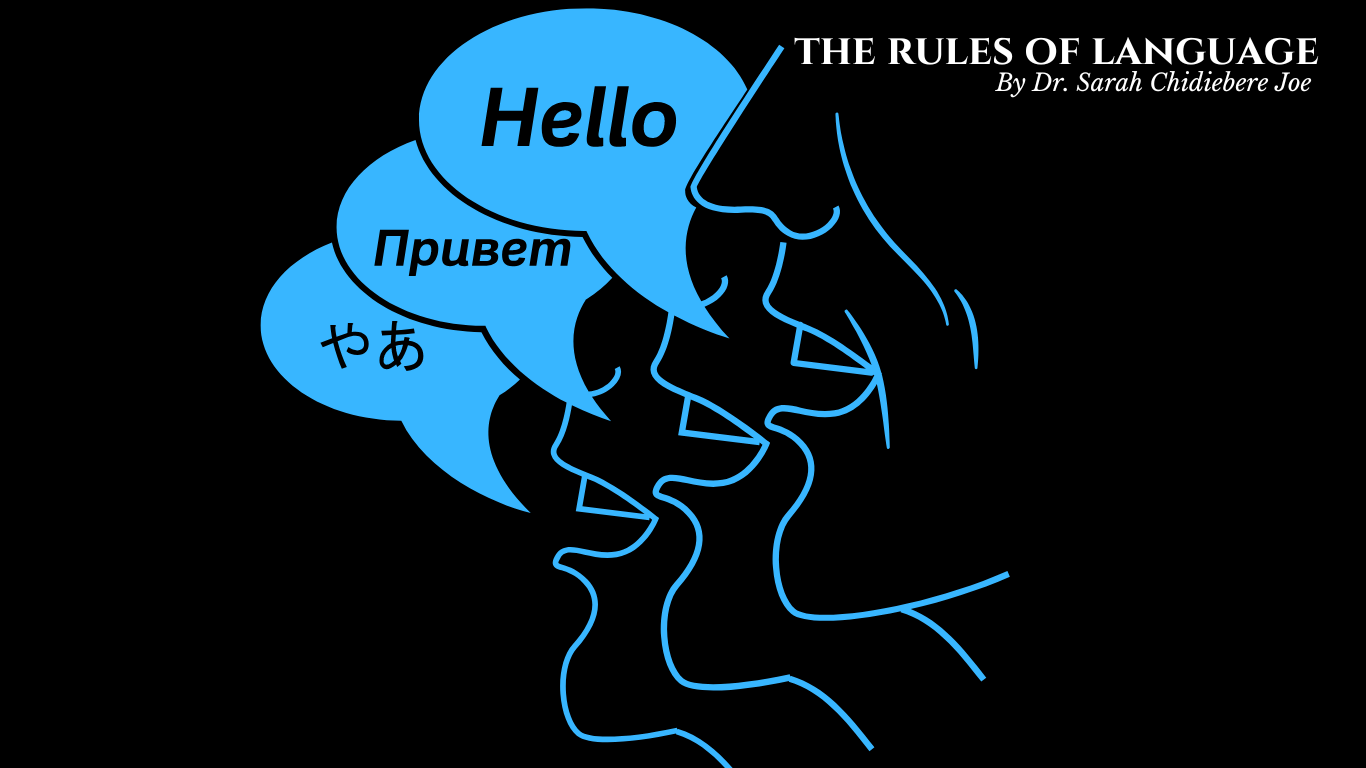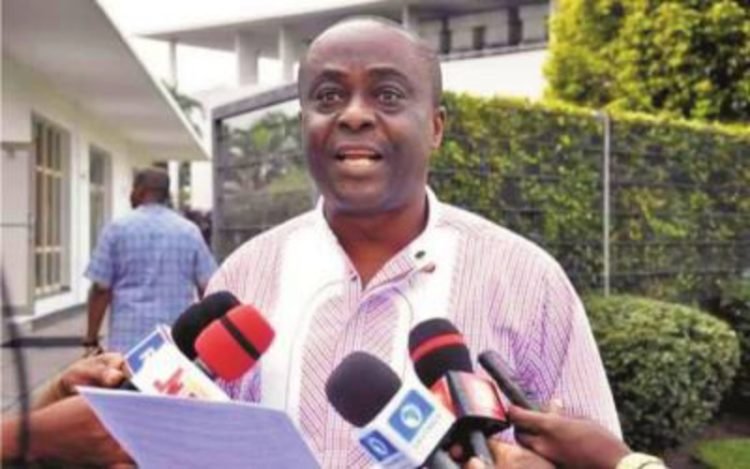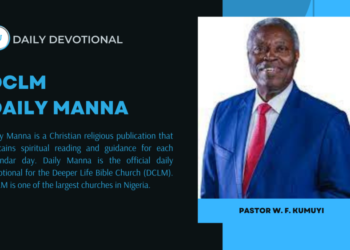The Federal Government has launched a new financing initiative aimed at enabling Nigerian creatives to access capital by using their intellectual property (IP) as collateral — a significant policy shift expected to bolster the country’s fast-growing creative sector.
Minister of Arts, Culture, Tourism and the Creative Economy, Hannatu Musa Musawa, unveiled the plan on Thursday during a session at the ongoing Afreximbank Annual General Meeting in Abuja. She said the initiative, being implemented under the Creative Economy Development Fund (CEDF), is part of a broader strategy to position the creative economy as a vital contributor to national development.
Musawa explained that the program will allow artists, filmmakers, musicians, designers, and other creators to leverage their registered intellectual property — including music, films, and fashion — in place of traditional collateral such as land or vehicles to access loans and financial support.
“This is about formally recognizing intellectual property as a bankable asset,” the Minister stated. “Our goal is to create a framework where creativity is not just appreciated but financially viable.”
Speaking during a panel session at the same event, Uche Nwuka, General Manager, Large Enterprises at the Bank of Industry (BOI), emphasized the bank’s ongoing support for the creative sector. According to him, the BOI’s industry-specific funding model has already demonstrated encouraging results, with non-performing loans in the creative sector staying below two percent.
Popular actress and producer Funke Akindele, alongside music star D’banj and other creative industry stakeholders, also participated in the discussion. They called for more structured public-private partnerships to maximize the commercial potential of intellectual property in Nigeria.
Akindele stressed the importance of professionalism and strategic planning among creatives. “We must build capacity and treat our creativity as a serious business,” she said.
D’banj echoed similar sentiments, pointing out that technology is gradually reducing the exploitation of content creators. He added that beyond funding, creatives need to understand how to package and present their work to attract investment.
Speakers agreed that with the right policies, access to capital, and formal recognition of IP assets, the Nigerian creative economy could expand significantly, creating jobs, attracting international partnerships, and boosting GDP.
The Creative Economy Development Fund is expected to roll out further details in the coming months, including eligibility criteria and implementation timelines.

















Comments 1